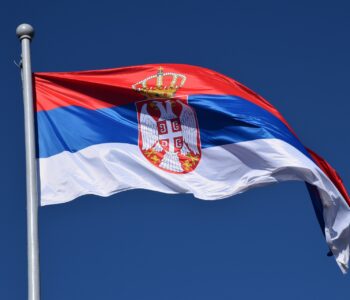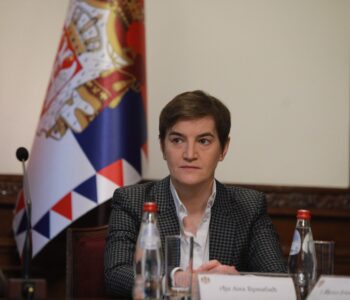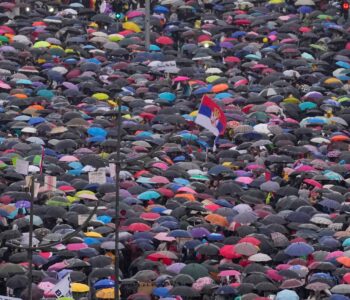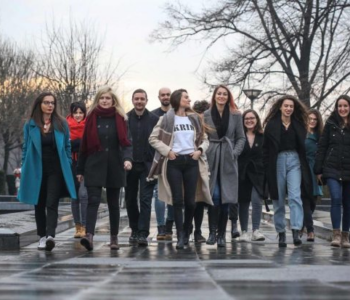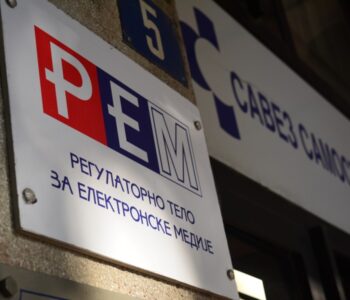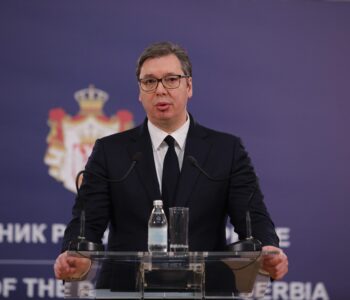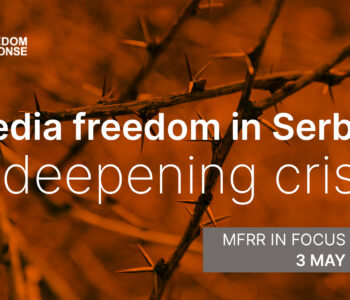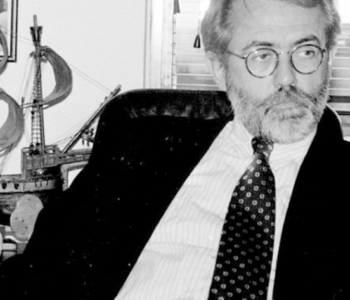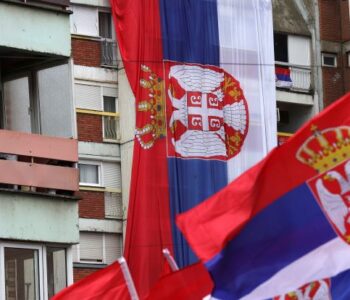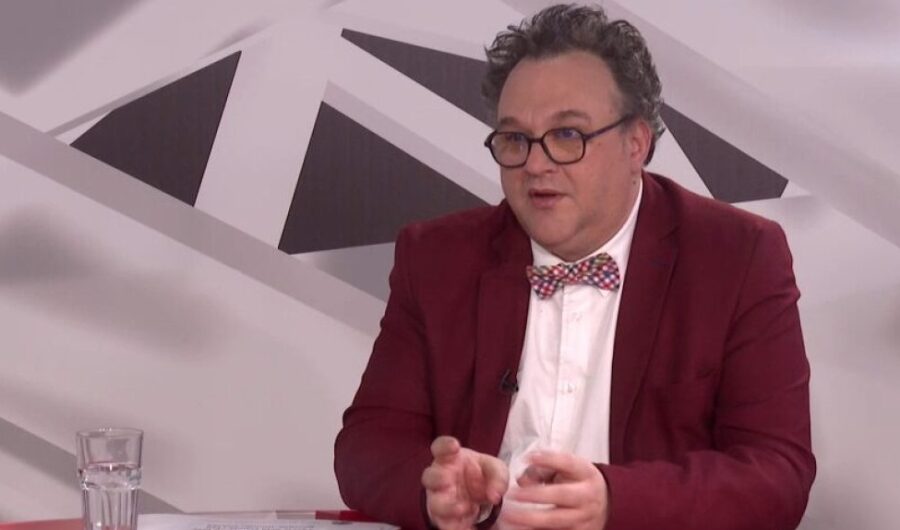 Library
Library
Threats to Journalists must be addressed by institutions in…
Threats to Journalists must be addressed by institutions in Serbia
The host of the “Good, Bad, Evil” podcast, Nenad Kulacin is again the target of threats. The last threat to the presenter was sent via social networks from an anonymous account. The SafeJournalists Network (SJN) and the Media Freedom Rapid Response (MFRR), as organisations dedicated to protecting media freedom and the rights of journalists, are concerned about the rising threats targeting the presenter, and note that the competent institutions in Serbia have not yet determined the identity of any perpetrator in the cases that have been reported since the beginning of the year.
We emphasize that threats to journalists and media workers in Serbia are an almost daily occurrence that endangers their safety. Accordingly, we call on the authorities in Serbia and the international community to condemn these threats, and the institutions in Serbia to protect journalists and sanction the perpetrators of such threats.
Nenad Kulacin reported eight threats to the prosecutor’s office this year, and to this day only one decision has been made to dismiss the criminal complaint, while the other cases are still before the prosecutor’s office. Some of the threats also referred to his colleague Marko Vidojkovic or his family members. For example, the last threat that Nenad Kulacin received via social networks from an anonymous account also referred to his brother. The account “Sacha Pariss” threatened Kulacin with insults, while mentioning his hometown and his brother.
In October 2021, the mother of Kulacin was also attacked in Bor, when a person verbally attacked her and said: “Your son should be hanged.”
Also, earlier pro-government tabloids ran a campaign against Kulacin, where he was characterized as a “leading ideologue of the opposition”, “Dragan Solak’s favorite editor” and “Dragan Djilas’s poodle”, and unknown persons put up posters with his address in Belgrade on it.
Nenad Kulacin and Marko Vidojkovic, the hosts of the satirical podcast “Good, Bad, Evil”, have been receiving threats for years because of their work. In addition to anonymous threats, the outgoing mayor of Belgrade, Aleksandar Sapic, also threatened the presenters a few years ago. He said that he would “rip out the heart” of Kulacin and Vidojkovic when he met them on the street, but the institutions did not recognize these words as a threat and decided to dismiss the criminal charges.
Kulacin and Vidojkovic have been suffering serious threats for a long time. As a result, Vidojkovic was relocated from his home, through a scheme provided by international organizations, while Kulacin refused to move.
Inaction by state institutions, tabloid smear campaigns and public threats by government officials create a hostile atmosphere in which attacks on those critical of the government are normalised and even encouraged, which has a serious chilling effect on free speech and independent reporting.
Due to all of the above, SafeJournalists Network and Media Freedom Rapid Response call on the authorities in Serbia and the international community to condemn these threats, and institutions in Serbia to process all reports raised by journalists and to act urgently in such cases in accordance with the mandatory instructions of the Supreme Public prosecutor’s offices and in this way send a message that they stand up for the protection of journalists and media workers, but above all, respect democratic values and international commitments, such as the protection of freedom of speech.
This statement was coordinated by the SafeJournalist Network and the Media Freedom Rapid Response (MFRR), a Europe-wide mechanism which tracks, monitors and responds to violations of press and media freedom in EU Member States and candidate countries.

